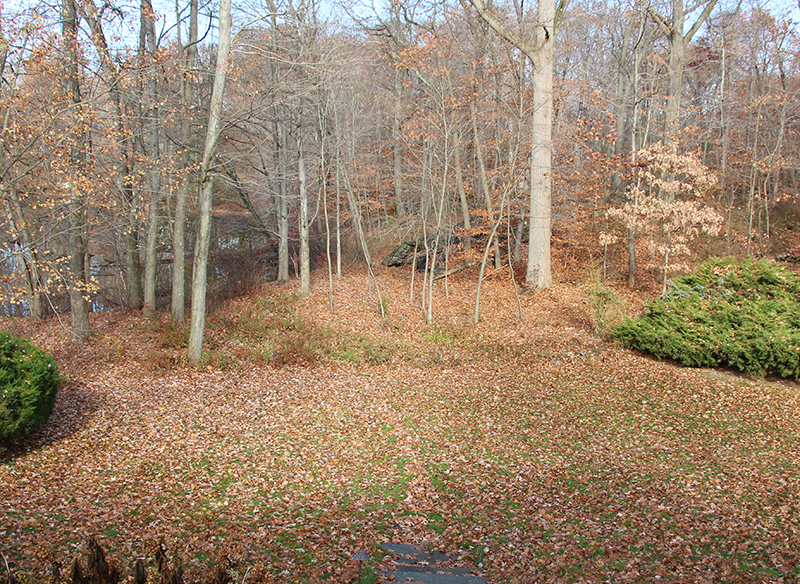Landscape Responsibly
Norwalk River Watershed Association
The way you manage and landscape your property, including how you care for your well and what you do to manage runoff containing contaminants from your roof and driveway, will help protect the watershed, ensuring benefits to your family, plantings, pets and wildlife.
NRWA recommends using Northeast Organic Farming Association (NOFA) accredited land care professionals. Here is a list of providers in Fairfield County.
- Responsible Landscaping Plan, including well, septic and storm water runoff maintenance, as well as landscaping information.
- Four Seasons Yard Worker Tip Sheet, suggestions on responsible ways to handle property maintenance to benefit your plants, animals, properties, the water you drink, and the watershed where you live and work. (Spanish version)
- Avoid Mowing to the Water’s Edge. The banks along a river, lake or wetland are known as its riparian buffer zone, an area ideally of native plants that help reduce erosion by keeping soil in place, serve as habitat for many animals and birds, and act as a filter for storm water runoff entering the waterway. The Hudson to Housatonic conservation partnership (H2H), of which NRWA is a member, has created a management and planting guide of best practices for landowners with riparian buffers.
- Leave the Leaves. Fallen leaves add nutrients to our gardens when mulch-mowed into lawns or used as ground cover on beds; they also provide critical overwintering habitat for many insects, like fireflies, and pollinators, like butterflies. On the other hand, they can clog waterways and cause water temperatures to increase to unhealthy levels for fish or cause blooms of algae when they are raked or blown into waterways or wetlands.
- Leave some dead trees and branches. Birds, native bees and overwintering beneficial insects need snags and old logs to next in.
- Add native plants. Native plants support native wildlife–birds, bees, butterflies, amphibians, fish and mammels. Here are our favorite lists of native plants for this area.
- Manage invasives. Plants like Japanese knotweed, mugwort, asian bittersweet, burning bush, barberry, black spikerwort, and porceline berry take over whole areas and crowd out native plants necessary to local wildlife for food and shelter.
- Avoid Roundup and Other Herbicides that Contain Glyphosate
- Glyphosate has been found to cause cancer in humans and to cause harmful disruptions to naturally occurring bacteria in soil as well as in the guts of bees and of humans.
- A new study shows that glyphosate contributes to declines in bee populations.
- Alternatives to Spraying Pesticides to Kill Ticks. Lyme disease and deer ticks are a legitimate concern in our watershed. However, spraying pesticides has limited positive effects and many harmful ones. Pesticides that are designed to kill ticks also harm other insects, including bees and butterflies, as well as birds, pets and people. Birds eat insects, including ticks, so putting up birdhouses is an alternative. Also, ridding your yard of Japanese barberry, which is known to harbor the white-footed mouse and deer ticks, is hugely beneficial. Certain plants also repel ticks also.
